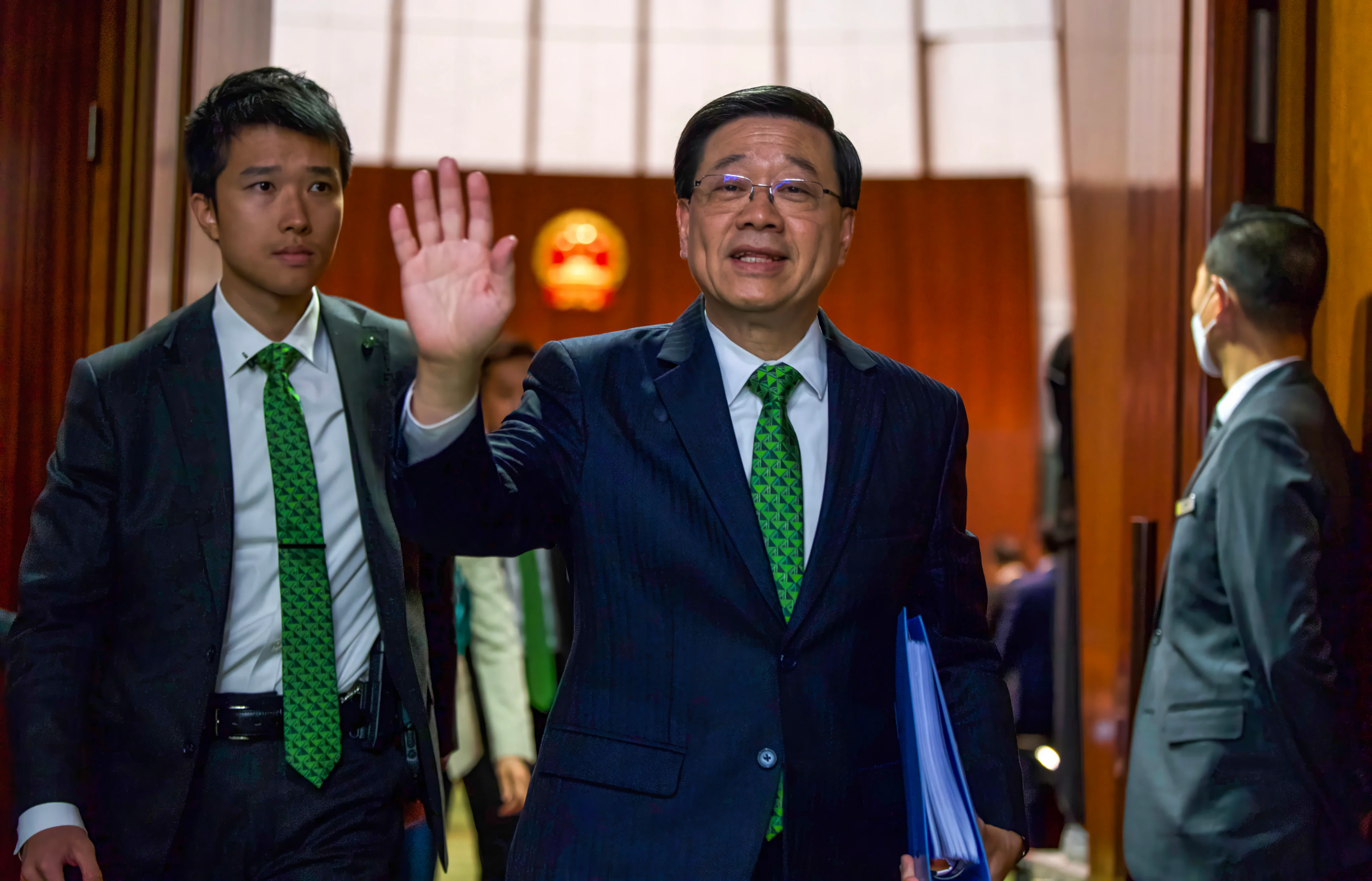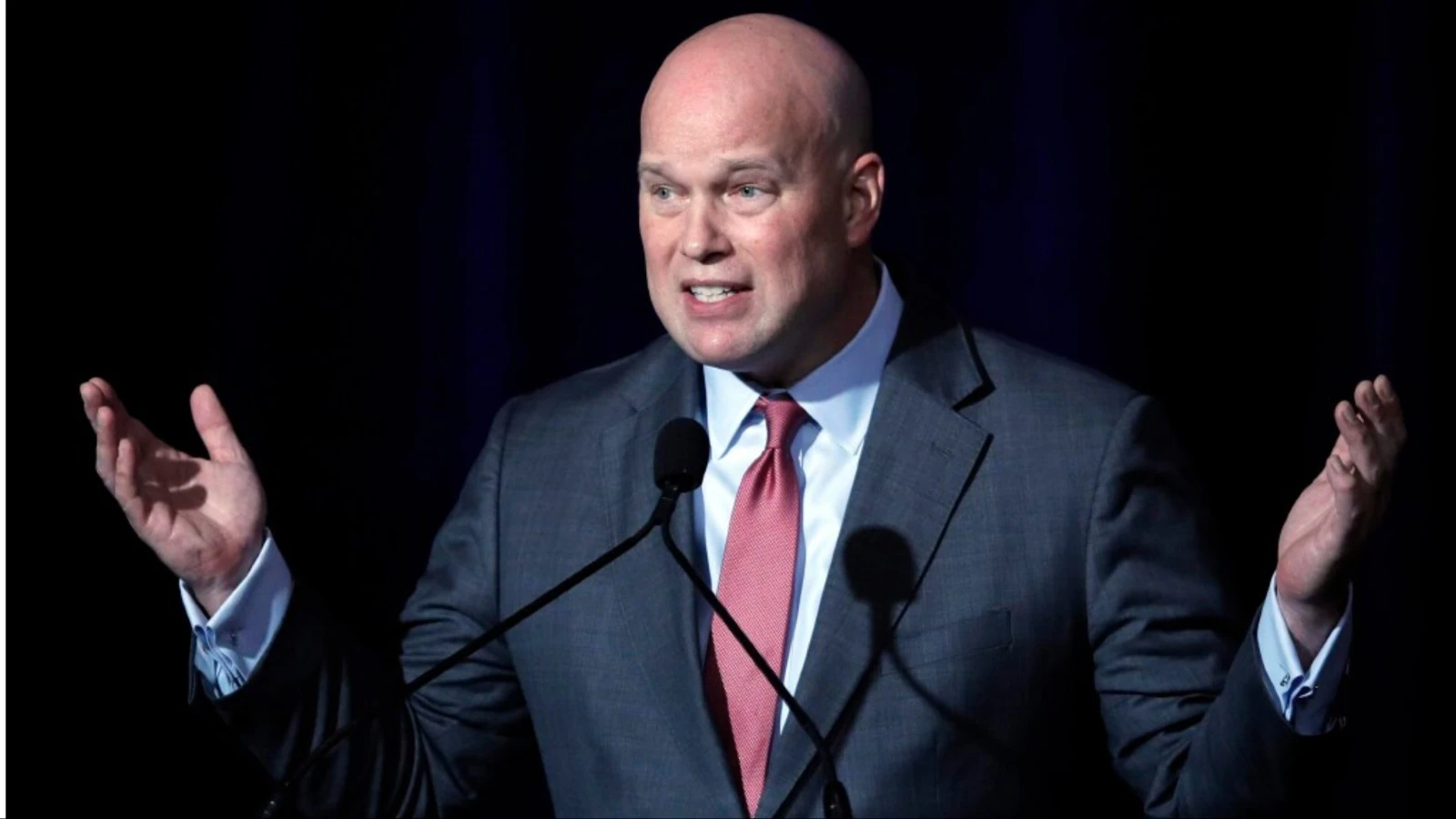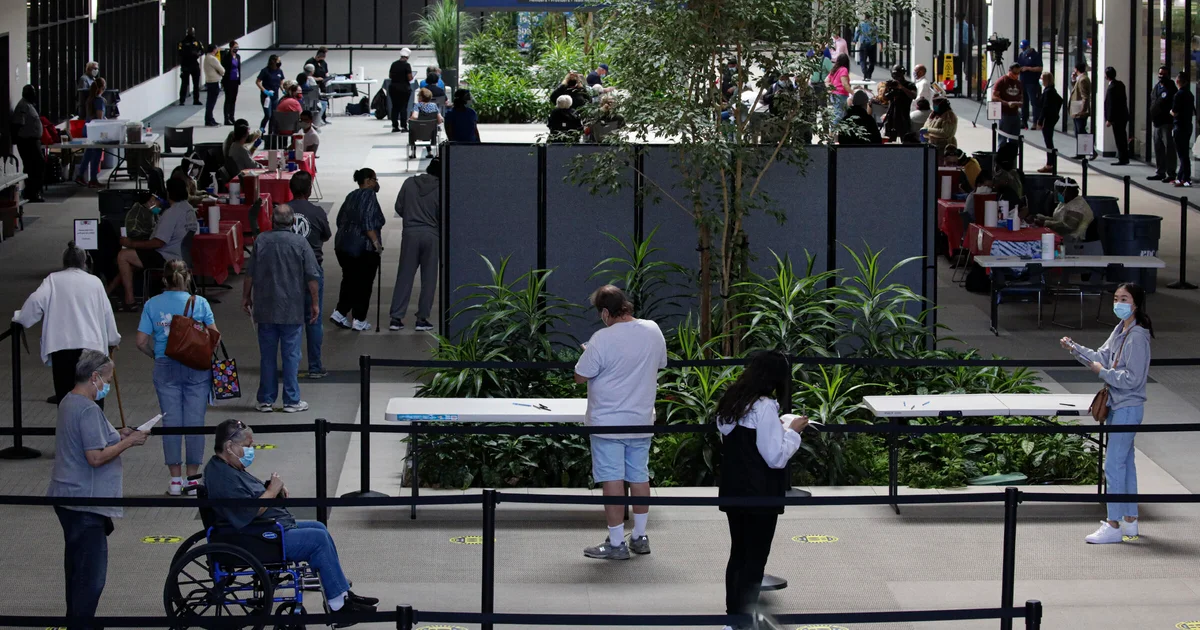By Enoch Yiu
Copyright scmp

The Hong Kong Monetary Authority (HKMA) is set to encourage more mainland banks to set up regional headquarters in the city, while the local bourse operator plans to enhance the listing regime, as the government aims to fortify Hong Kong’s position as an international financial centre, according to Chief Executive John Lee Ka-chiu.
In his latest policy address on Wednesday, Lee said authorities would introduce more tax incentives to strengthen the family office and wealth management sectors, alongside measures to support gold and yuan trading in the city.
Lee said banks establishing regional headquarters in Hong Kong could leverage their presence in the city to expand into markets like Southeast Asia and the Middle East, providing comprehensive cross-border financial solutions.
“We will actively invite the Asian Infrastructure Investment Bank to set up an office in Hong Kong,” Lee said. Established a decade ago, Beijing-headquartered AIIB serves as China’s alternative to the World Bank.
The government has earmarked funds to help universities attract top talent researchers and spur innovation and development, similar to the so-called “patient capital” deployed for the long term by the Hong Kong Investment Corporation (HKIC), a government-owned fund.
The policy address “underscored the strategic role of HKIC in [the city’s] economic development,” said Oliver Weisberg, CEO of Blue Pool Capital, a Hong Kong-based investment manager and the family office of Alibaba Group Holding’s chairman, Joe Tsai.
HKIC would be “instrumental in solidifying Hong Kong’s status as a global asset management and family office hub,” Weisberg said. “We are excited to be collaborating with HKIC on a number of initiatives across various asset classes.”
Lee also said that Hong Kong Exchanges and Clearing (HKEX) would implement reforms to attract new listings from Southeast Asia and mainland China, a move welcomed by chairman Carlson Tong Ka-shing.
“The many initiatives unveiled today include measures in primary and secondary markets, as well as across various asset classes, which will drive the sustainable development of Hong Kong as an international financial centre and further elevate the breadth of the city’s financial ecosystem,” Tong said.
Lee’s initiatives would “further broaden Hong Kong’s financial market diversity with the expansion of products in the equity, fixed income, currency, commodity and carbon space”, said HKEX CEO Bonnie Chan Yiting.
Lee said the government aimed to complete by early next year a study on how to use tax incentives to attract mainland firms to establish corporate treasury centres and regional headquarters in Hong Kong, allowing them to explore overseas markets and build international brands.
“A key direction for Hong Kong is supporting mainland enterprises in their efforts to go global,” said Luanne Lim, CEO of HSBC Hong Kong. “The policy address rightly emphasises the importance of leveraging the global asset-reallocation trend to solidify our status as an international financial centre.”
Lee also supported the introduction of more gold products, including tokenised gold and gold funds, as well as the exploration of cross-border gold trading between Hong Kong and Shanghai.
The government will support the Airport Authority and financial firms in establishing storage facilities for more than 2,000 tonnes of gold within three years.
According to a government source, several international and mainland enterprises had expressed interest in opening or expanding gold refineries in Hong Kong, potentially located in industrial zones in Tai Po. A new central gold clearing system may undergo a trial run next year, the person added.
The central clearing system aimed to transform Hong Kong into an international gold trading hub connecting mainland and global investors, the source said, adding that international investors were increasingly turning to gold for risk mitigation amid geopolitical tensions.
Haywood Cheung Tak-hay, chairman of the Hong Kong Gold Exchange, said with gold prices reaching record highs, now was an opportune time for the city to develop into a trading centre for the precious metal. “Gold is a hot topic in global investment markets, making it timely for the city to expand its gold trading facilities,” he said.
The government would also introduce a yuan business facility to promote the use of the Chinese currency in the real economy, Lee said. It was also considering settling some expenditures in yuan.
As the world’s largest trading hub for offshore yuan, Hong Kong played a crucial role in helping Middle Eastern countries with trade financing, Financial Secretary Paul Chan Mo-po said during a panel discussion with Mohammed Alhawi, Undersecretary at the Ministry of Investment of the United Arab Emirates
“We have a very vibrant offshore renminbi ecosystem in terms of products, interest rates, foreign exchange rates and risk management,” Chan said on Wednesday at the Investopia Global conference in Hong Kong. He added that the city served as a connector between China and the world, offering various yuan products for UAE investors and companies.
Lee also announced plans for Hong Kong to develop a sustainable aviation fuel (SAF) industry chain and set an SAF consumption ratio for flights departing from Hong Kong International Airport by 2030.
As part of those efforts, the government would collaborate with mainland authorities to enable a local enterprise – described as one of the world’s leading SAF suppliers – to expand its operations in the Greater Bay Area, Lee said.
Peter Lee Ka-kit, co-chairman and managing director of Henderson Land Development, who has been supporting clean energy and SAF start-ups through his family office, Full Vision Capital, welcomed the measures.
“Full Vision Capital has invested in SAF and other new energy start-ups for a long time, and is encouraged to see that the government is determined to turn the city into an innovative and new energy hub to meet global needs,” Lee said, adding that it would “continue to capture opportunities to contribute to the green energy and innovative development of Hong Kong”.
The Insurance Authority said it welcomed measures to promote the insurance industry, including the establishment of a dedicated marine risk pool and the promotion of captive and reinsurance business development.



